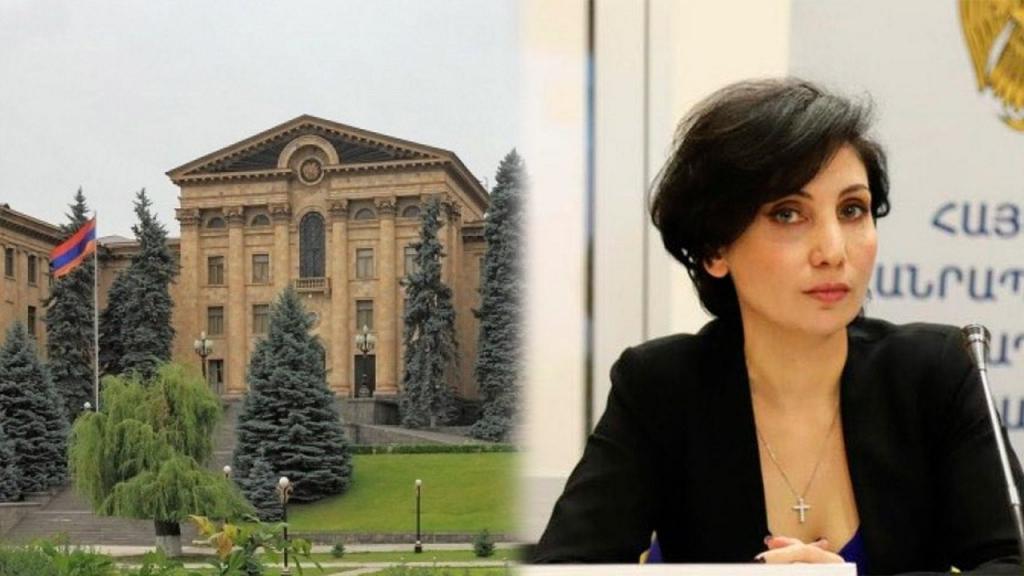Opportunity to continue case examination to be created in case judge is changed, new type of sanction to be introduced; Armenuhi Harutyunyan submits package of amendments to the National Assembly
21/10/2024

Acting Minister of Justice Armenuhi Harutyunyan submitted the draft Laws of the Republic of Armenia “On making amendments and supplements to the Civil Procedure Code of the Republic of Armenia" and "On making supplements and amendments to the Administrative Procedure Code" during the session of the Standing Committee on State and Legal Affairs of the National Assembly. Upon adoption of the draft Laws, a number of issues that emerge in practice in civil and administrative proceedings will be resolved, reducing the number of cases of abuse of right in procedural processes on the one hand, and ensuring examinations of cases within reasonable time limits on the other hand. The Civil Procedure Code provides for the possibility of continuing examination of cases when the panel of judges or the judge included in the panel is changed. According to the current regulations, if the panel of judges or a judge included in the panel is changed, examinations of cases must start from the very beginning, entailing repeated execution of all previously executed procedural actions. By the regulation of the draft Law, in the aforementioned situation, courts will have the opportunity to either start the particular case from the very beginning or continue it from the moment of interruption, which will lead to reduction in the cases of violations of reasonable time limits set for examinations of cases.
The Civil Procedure Code proposes to provide for a mechanism for explaining to the parties the grounds for self-recusal in writing. According to the current regulations, during a court session, the particular court may disclose to the parties the grounds for self-recusal and recommend considering the issue of waiving the self-recusal in the absence of the parties. Nevertheless, the procedural process reaches a dead-end when the parties fail to show up at the court session. To resolve these situations, it has been proposed to establish that when it is necessary to disclose the grounds for self-recusal, the court shall be obliged to indicate it in the notification on the court session, which will provide the parties with the opportunity to be informed about the issue to be considered at the court session. However, if the parties are notified and yet fail to show up at the court session or fail to submit a reasoned motion for postponing the court session, the court will have the opportunity to disclose to the parties the grounds for self-recusal in writing. The draft Laws also provide for the inclusion of a new type of sanction, namely, a restriction on exercise of right. In procedural processes, abuse of right is particularly expressed by periodic submission of identical motions — with the aim of postponing examinations of cases or disrupting court sessions. The proposed sanction will give courts the opportunity to effectively respond to these situations. The Standing Committee on State and Legal Affairs of the National Assembly gave a positive opinion on the draft Laws.


